Local Culture Beirut daily tours, Lebanese cuisine, Jeita Grotto, Baalbek ruins
Lebanon's Living Heritage
As scholar Sheikh Abdallah al-Alayli defined, heritage is "what is bequeathed by generations past." Lebanon's 30,000-year legacy, from Antelias cave to Phoenician maritime empire, forms the roots of our national identity - as enduring as our sacred cedars.
The Cradle of Civilization
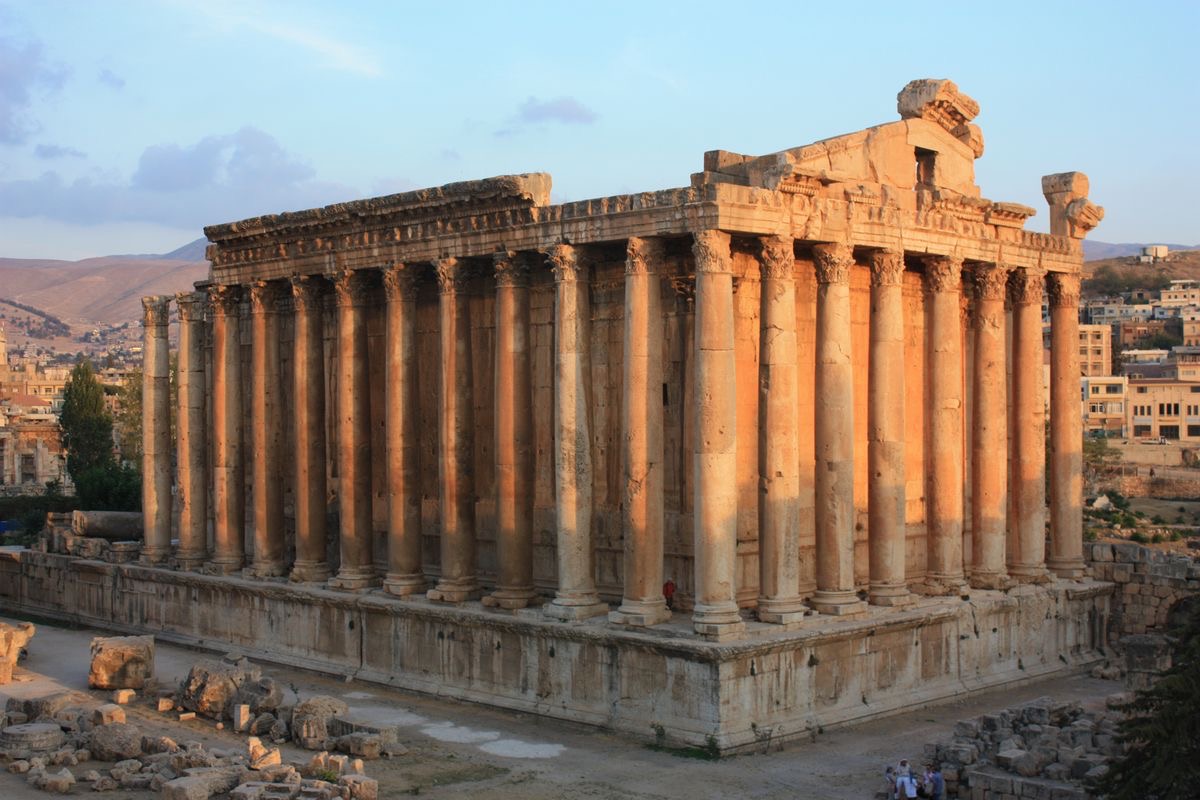
Alongside Egypt and Iraq, Lebanon forms the historic triad of early civilizations. The Phoenicians of Byblos gifted humanity its first alphabet, while Baalbek's temples astonished even the Romans with their scale. Our heritage is etched in stone from Nahr al-Kalb to Tyre's harbors.
Phoenician Legacy: Maritime traders who established colonies across the Mediterranean and developed the precursor to modern alphabets.
Cultural Crossroads: As Gandhi noted, Lebanon has welcomed global influences while maintaining its distinct identity.
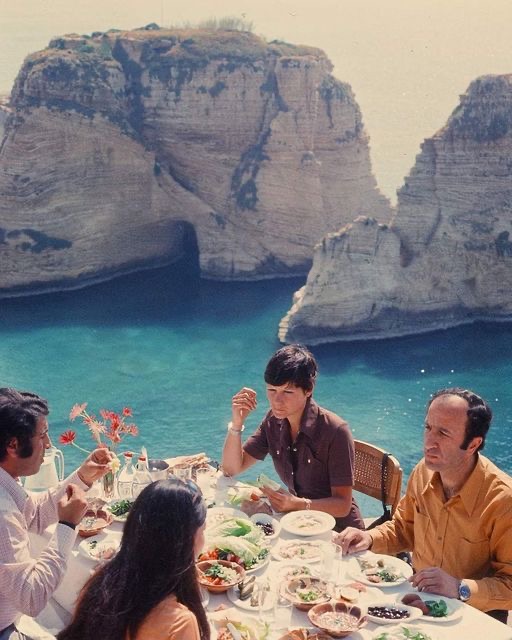
Living Traditions
Our heritage - familial, regional, and national - forms the bedrock of Lebanese identity. This living culture manifests through:
- Artisanal crafts: Pottery, glassblowing, and textile traditions dating to Phoenician times
- Performing arts: Dabke dance and musical forms preserving regional identities
- Culinary heritage: Recipes passed through generations, from kibbeh to maamoul
- Religious coexistence: Shared festivals and pilgrimage sites
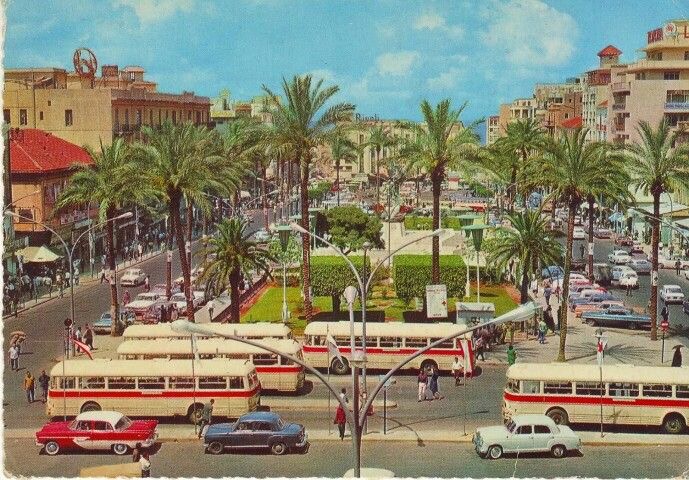
19th Century Travelers
Ottoman-era visitors documented Baalbek's temples and coastal cities
Tourism Through the Ages
For nine centuries, Lebanon's beauty has captivated visitors. Ibn Jubayr chronicled Tyre in 1185, while Lamartine's poetry immortalized Hamana. The 1950-60s golden age saw Beirut as the "Paris of the East" and Jounieh as the "Monte Carlo of the Middle East."
"Lebanon was a fan for you, scattering colours, and cool shade..."
Today, Lebanon's natural and cultural attractions await only stability to reclaim their global prominence.
Enduring Artisanal Traditions
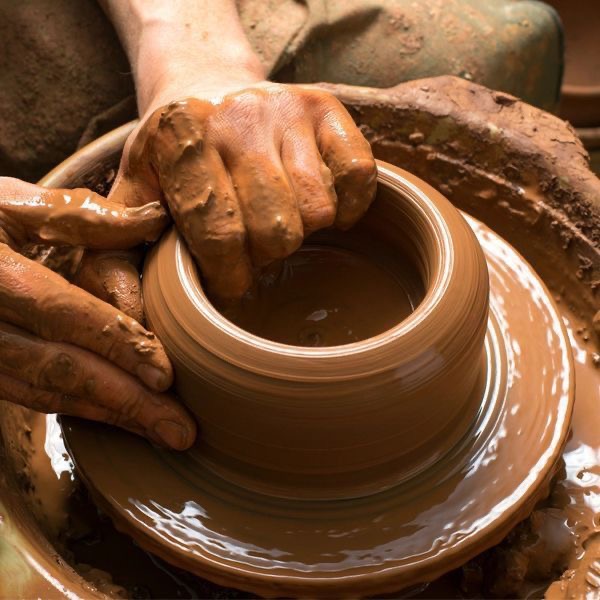
Ceramic Arts
Continuing Phoenician techniques in pottery and glassware production
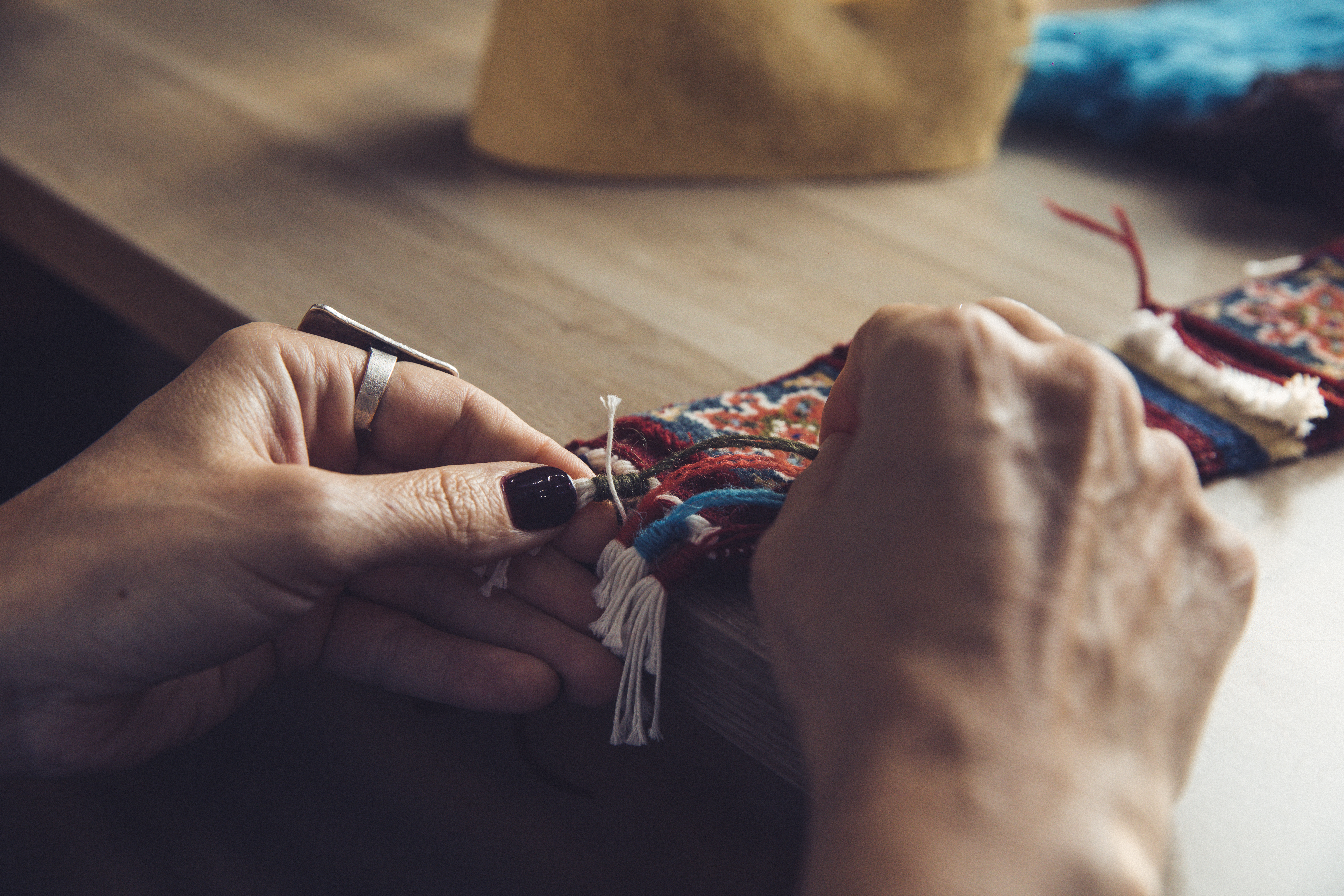
Textile Arts
Intricate embroidery patterns unique to each Lebanese region
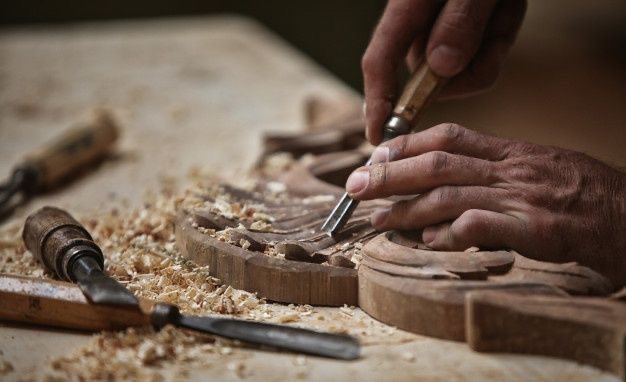
Woodcraft
Cedar woodworking techniques passed down through generations
Lebanon's Cultural Calendar
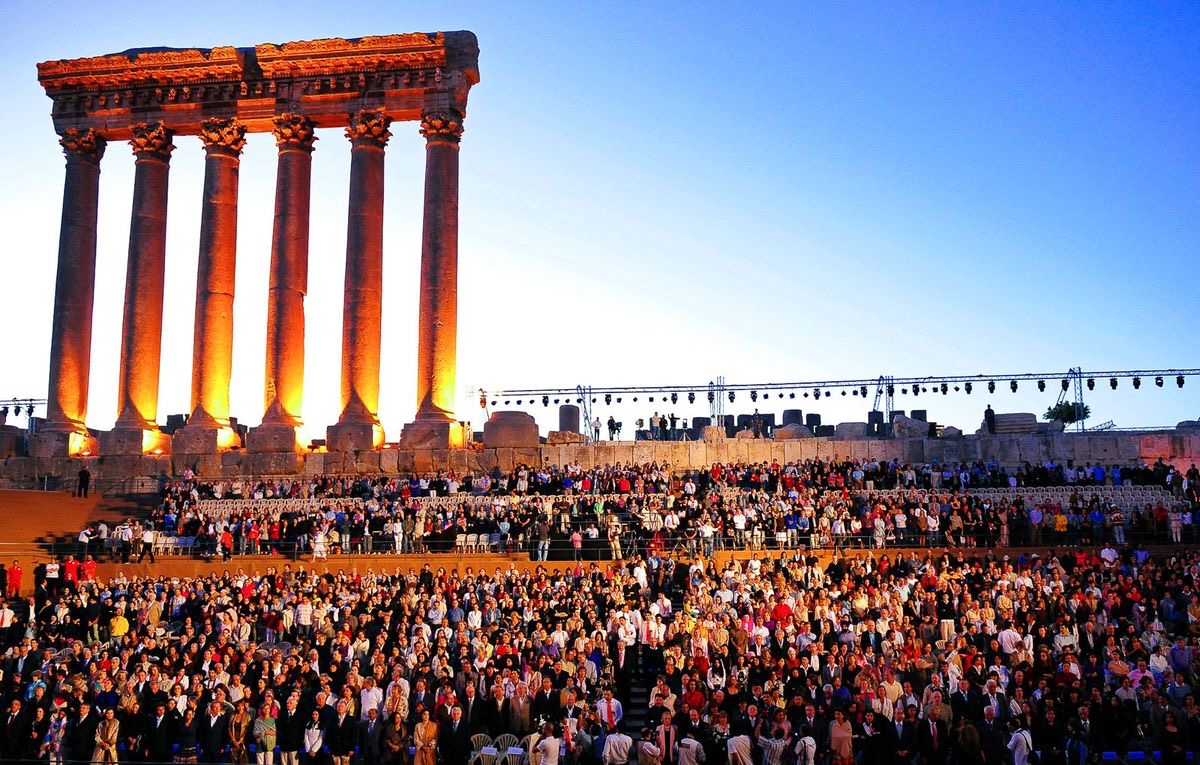
Baalbeck Festival
World-class performances in ancient Roman temples since 1956
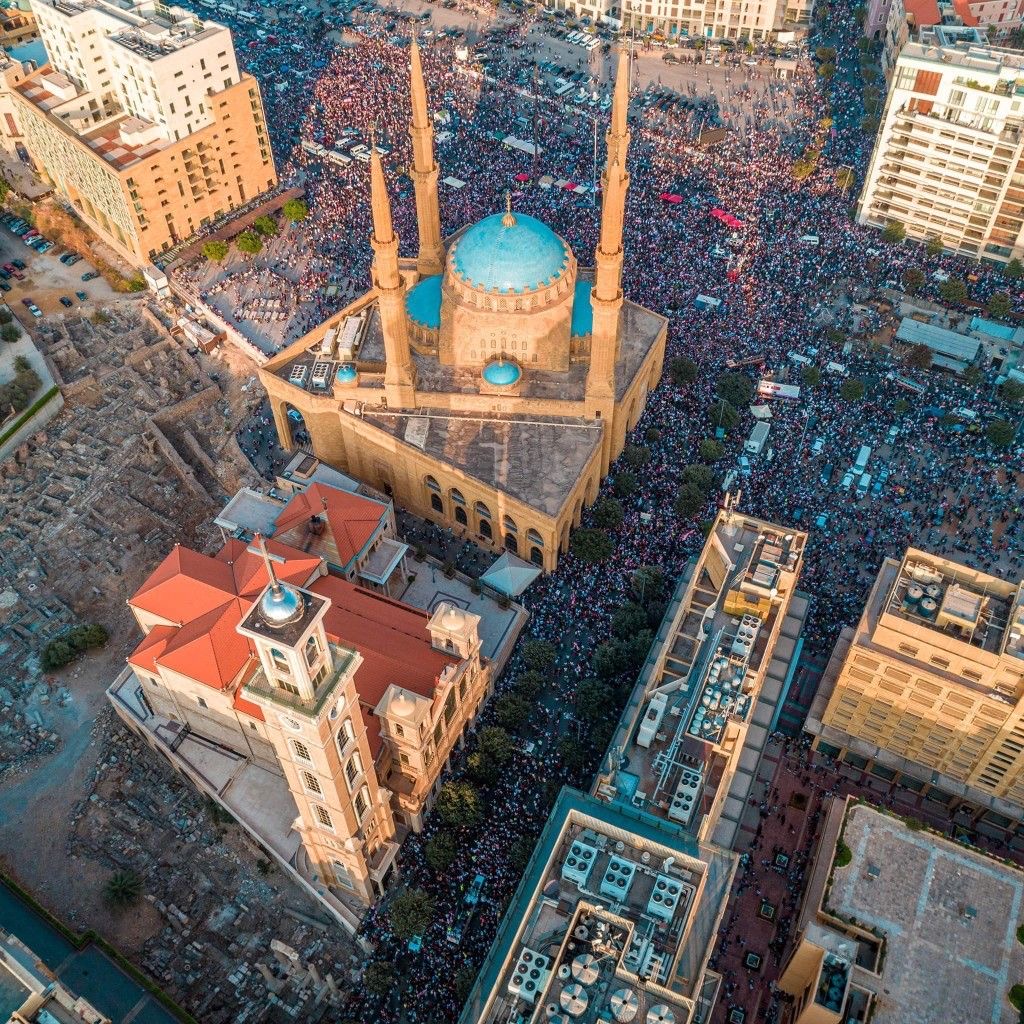
Religious Festivals
Christian and Muslim celebrations coexisting throughout the year
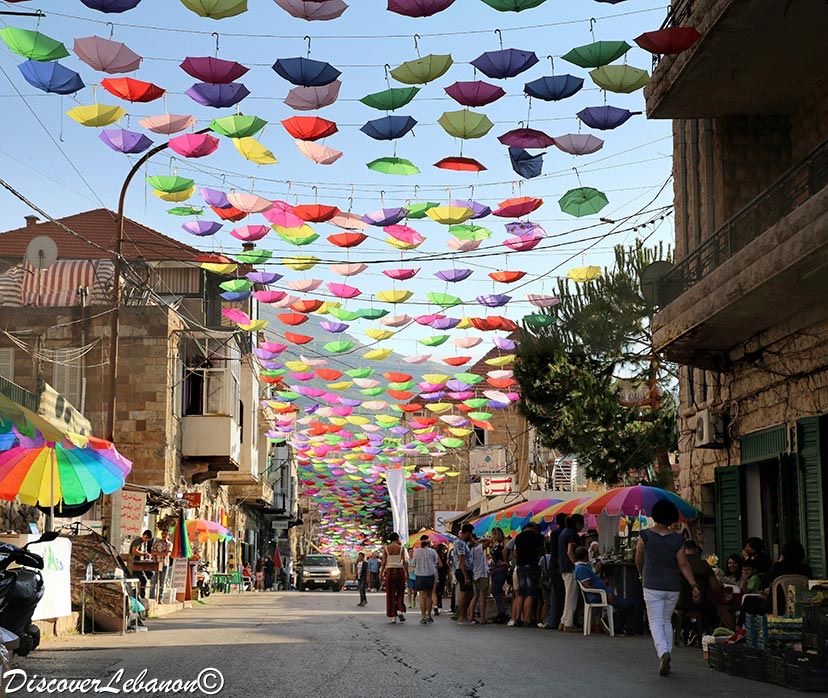
Harvest Celebrations
Traditional grape, olive and apple festivals in agricultural towns
Preserving Our Legacy
"Whoever owns a homeland like you, Lebanon, possesses a treasure unmatched by all the world's pearls combined."
From Nahr al-Kalb's inscriptions to living village traditions, we must safeguard this heritage for future generations.
Explore Heritage Sites